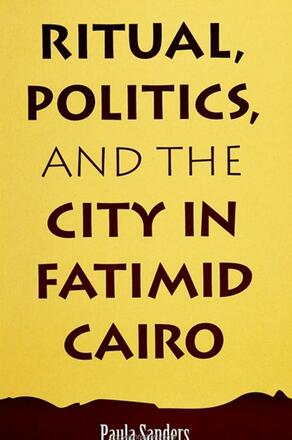
Ritual, Politics, and the City in Fatimid Cairo
Alternative formats available from:
Provides an understanding of the complexities of political legitimacy in Islamic dynasties by examining Fatimid political culture in Egypt reconstructed from court rituals.
Description
This book provides an understanding of the complexities of political legitimacy in Islamic dynasties by examining Fatimid political culture in Egypt reconstructed from court rituals. The author approaches ritual as a dynamic process through which claims to political and religious authority in Islamic societies are articulated, and in which complex negotiations of power have taken place.
Paula Sanders is Associate Professor of History at Rice University.
Reviews
"This is a totally original contribution to the historical research on the Middle East and on the Islamic world. Sanders' book fills an important lacuna in Middle Eastern historiography. Unlike European historical studies, where the semiological approach to the ceremonial of royal and state power has an impressive tradition represented by the landmark work of such luminaries as Ernst Kantorowicz, Ralph Giesey, and Sarah Hanley, the historical literature on the Middle East contains no comparable studies along these lines. There are several reasons for this. Sources on which to base such an inquiry are neither self-evident nor abundant. Even less abundant are scholars who have the skills to identify and exploit such sources and who also possess the sensitivity and sophistication to persuasively accomplish an analysis of the representation of power in an Islamic context. Paula Sanders has succeeded in doing exactly this in a polished and professional manner. " — Abraham L. Udovitch, Princeton University